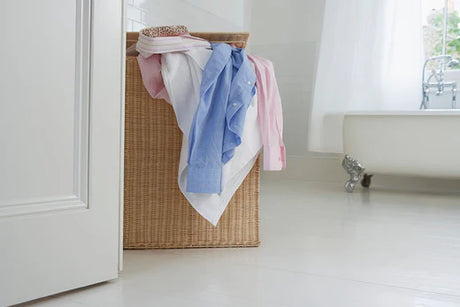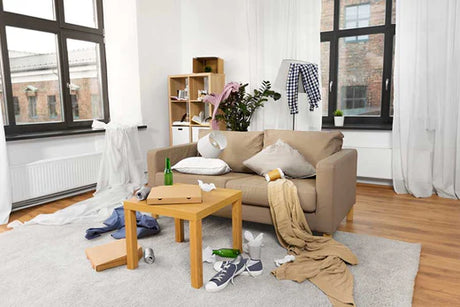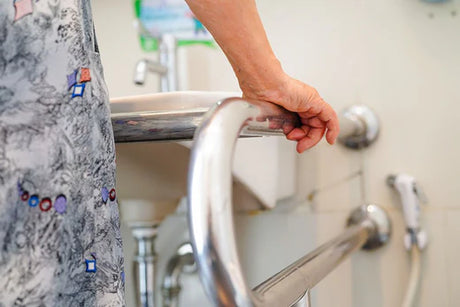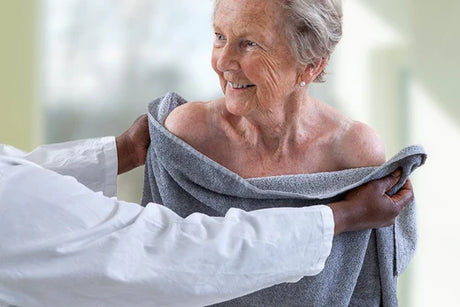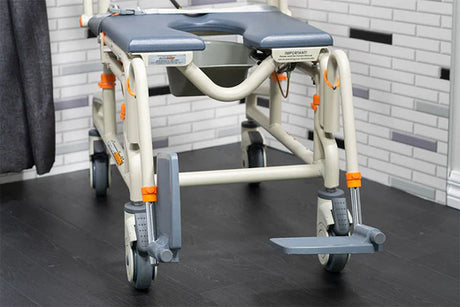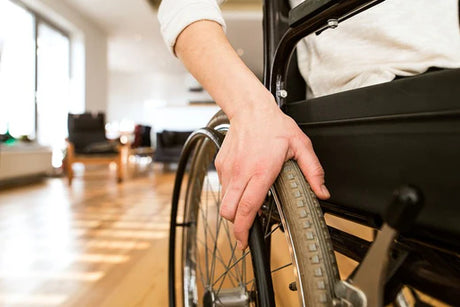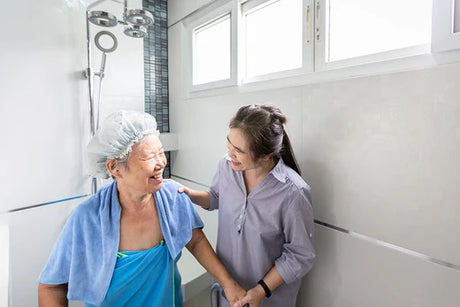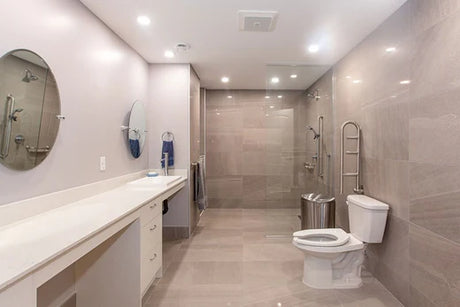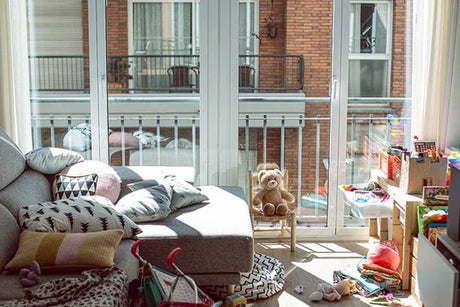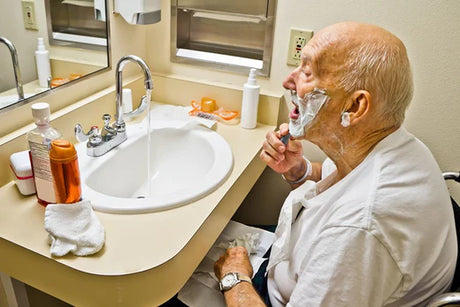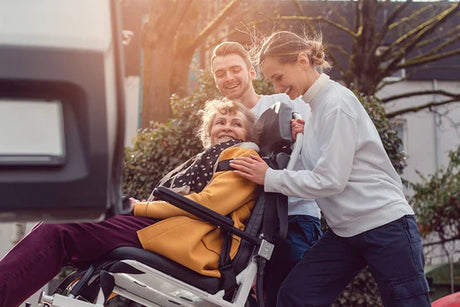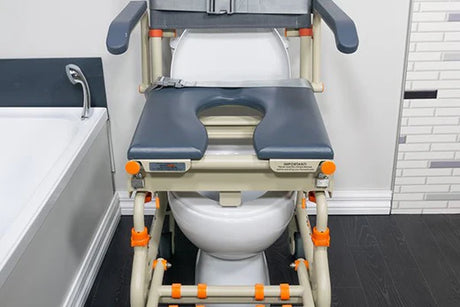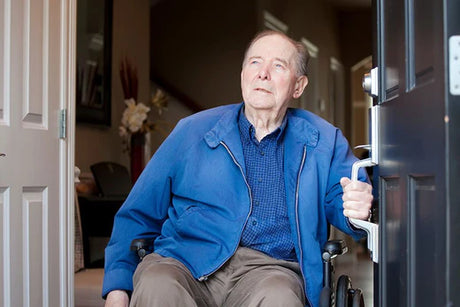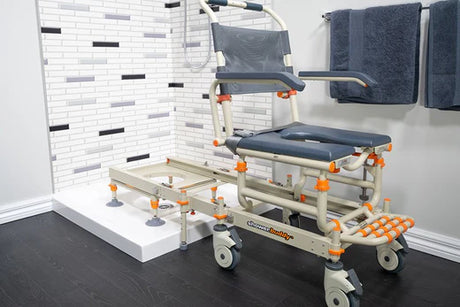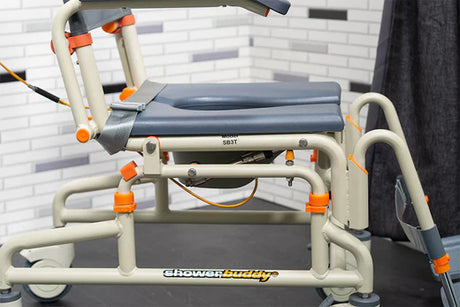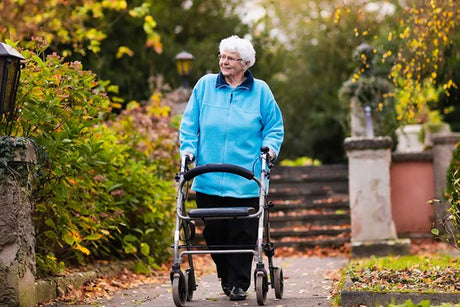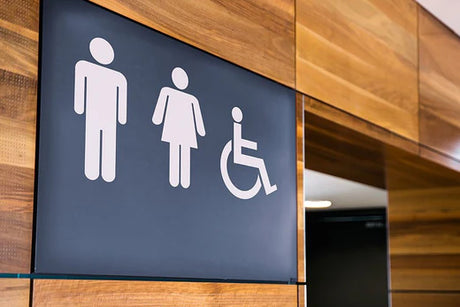As family members of loved ones who are experiencing challenges with physical mobility, it’s natural for us to want to provide as much help as we possibly can.
Speak to any occupational therapist, doctor or other medical professional in the field of physical mobility and they’ll agree – it’s unrealistic and even not responsible to place all the work on the shoulders of a partner.
Benefits of partners looking after their partners
It’s the most trusted person to rely on
Daily care extends to things like using the toilet, bathing, accommodating dietary requirements and being positioned comfortably for bed. These elements of daily life are quite private and personal for most of us. A partner with long standing trust may indeed be the most comfortable person for someone to rely upon to help do these things.
The communication with a long term partner is likely more natural and free flowing than that with anyone else, especially early on. Preferences around likes and dislikes aren’t always forthcoming by everyone navigating a personal injury or mobility challenge. Some people feel obliged to work within a standard plan set out by an OT and carer and don’t want to rock the boat. Unfortunately this sometimes leads to bigger issues when they become depressed or anxious about core routines in the day.
Carers will do their best to make individuals feel very comfortable to share these things, but partners will usually be trusted earlier to share these thoughts with.
If the injury has prevented communication to some extent, then a partner also has a good sense of what their loved one may prefer to do (although this shouldn’t be assumed if the individual is able to communicate themselves).
More comfortable and fewer privacy concerns
Being stripped down in front of a carer or friend is a huge hurdle for many people to get through. Loss of mobility does not mean a loss of modesty or dignity – so it’s unfair to expect this part of the day to suddenly be easy.
When a partner is the one involved in things like dressing, bathing and toileting, there may still be some barriers around being compromised, but ultimately the level of comfort will be greater and faster than coming to terms with doing this in front of a stranger. In most relationships, seeing a loved one bathing (or being seen bathing) is not as big a hurdle as being bare in front of someone else.
Granted there may be key moments at which the individual is not comfortable for anyone being around for. Hopefully the level of mobility still allows for some privacy during toileting and possibly even bathing. Your occupational therapist will be the best person to determine this.
Easy open communication
We meet and talk with plenty of carers who have incredible trusting relationships with their clients. They are often built up over years to the point where the carers have become a friend of sorts, with the routine becoming familiar that it no longer causes stress.
In the earlier stages of tackling a mobility impairment at home, establishing one’s preferences, it’s often the partner that is most in tune with what their loved one wants, and will be the go to with raising issues. If a partner is doing the care (or some parts of it), their loved one will likely feel more inclined to discuss what they require and how they’d like it to be done. They may also feel more open to sharing their worries about things. This is a real positive of having a partner involved – although this same dynamic can be advantageous even if the partner is not completing all the physical care work.
Drawbacks of partners being the primary carer
Physical toll on the partner
Assistive care for a mobility impaired person is an incredibly taxing job to have. Professionally trained and highly experienced home carers must make special efforts to rest and observe the right ways of helping their clients otherwise they will risk injury. It’s common for carers to sustain a few injuries in their careers.
So if a partner is suddenly required to provide physical care for their loved one, they’ve got the risk to contend with, often to an increased factor given the lack of experience and training. Unless the dynamic is that of a physically able bodied large and strong person and a smaller, lightweight mobility impaired partner, there will be moments where this care becomes a real struggle.
Think about the jobs a partner may have to do each day:
- Lifting out of bed
- Safely transferring from a wheelchair to lounge chair
- Lifting off the toilet (unless there’s a proper bathroom mobility solution in place)
- Transferring in and out of the bath or shower
- Helping into transport
- Helping to push around a wheelchair
- Bathing their partner
The list can go on. Some of these things may not seem like a major problem to start with, but over repetitions can start to cause some fatigue, pain or even injuries.
And if you’re part of one of the largest mobility impaired communities – senior citizens, there’s another important thing to think about: how physically capable is the partner who is meant to be helping their loved one? They may outwardly present as independently mobile, but this could change over time – whether that’s from ageing or providing physical care itself.
It’s very important that any couple includes the OT and doctor in the decision around whether the best course of action is for the partner to take on the primary physical care.
Strain on the relationship
A relationship shouldn’t be defined by one person’s reduction in mobility. When most if not all of someone’s time is occupied by doing just that, it’s natural for the relationship to suffer as a result.
Caring for a loved one shifts the balance of the relationship from mutually depending on each other, to creating an uneven skew of attention to be on one person by the other. At the end of the day, a partner looking after their loved one may not feel like they have anything left in the tank for non-care related aspects to the relationship. For some couples this doesn’t occur, and there’s a good sense by both partners as to what’s care and what’s relationship. Protecting the non-care elements of the relationship becomes really important.
Any couples in this situation are strongly encouraged to speak with their occupational therapist and doctor. It is a good sign that more help with care is needed.
Partners lose free time
We’re always completely amazed at just how generous and selfless families are around the globe when dedicating so much time to caring for their partner. It’s important that those caring for a loved one also ensure they have enough time for themselves – and that doesn’t mean their job or looking after kids, but actual time out for themselves to recharge.
Too much investment in the partner at the cost of oneself and burnout is a real possibility.
Consider a mix of family and professional care
But it’s not the only part of it. Striking that balance between offering support without negatively impacting your own life drastically is going to ensure positive long term success. Think about the elements of care that really take the biggest toll – can those be offloaded to professional care, opening up your day to manage your other responsibilities to others and yourself?
Speak with your occupational therapist around the best plan. It may take a few refinements, but once you’ve got the balance right, this journey will be better for everyone.
Further reading
Enjoyed this article? You may be interested in these resources online:
- 10 Marriage Challenges Caregivers Of People With Disabilities Face – The Mobility Resource
- Caring for someone with a health condition, injury or disability – Work and Income NZ
- Caring for someone close to you – Health Navigator

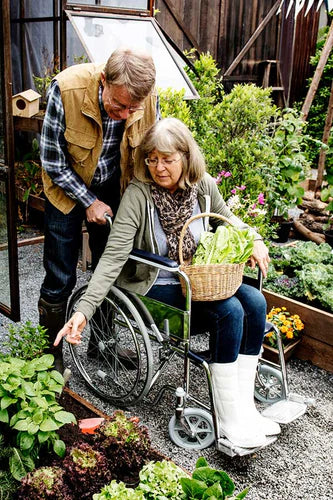











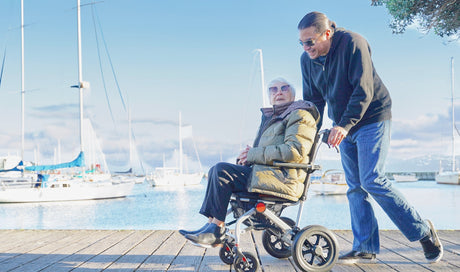
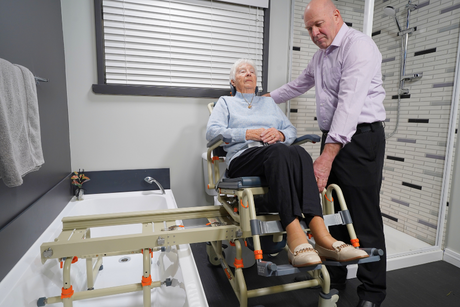
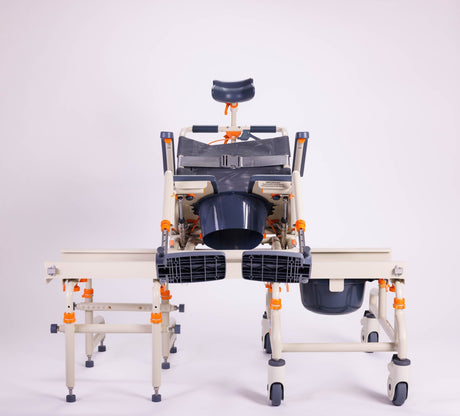
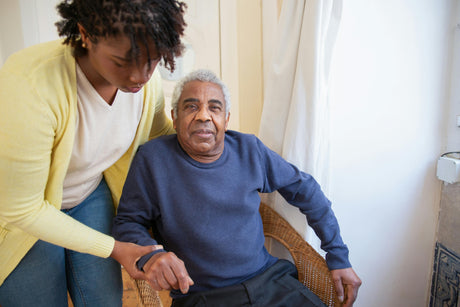
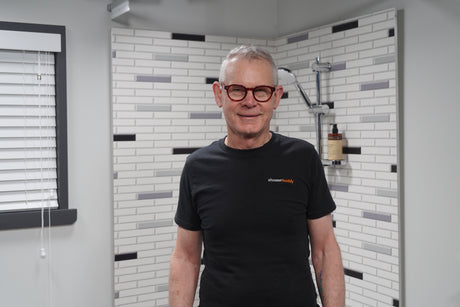
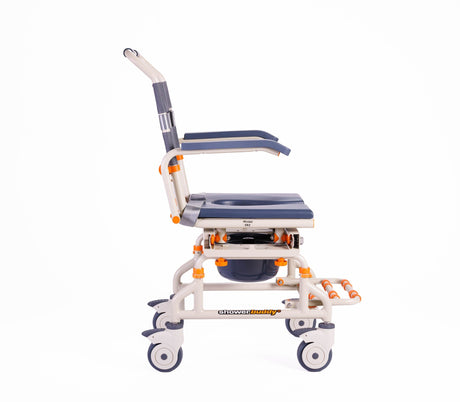
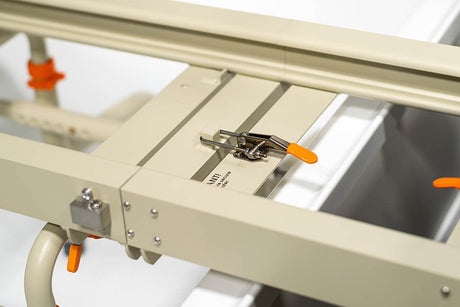
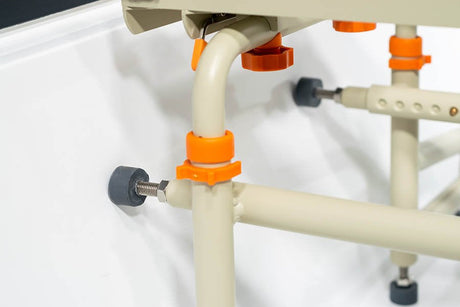
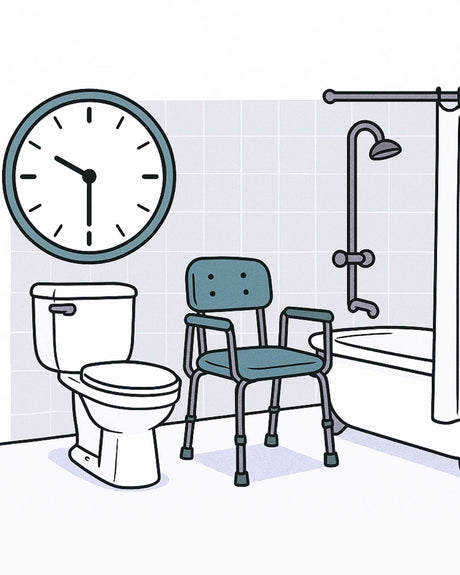
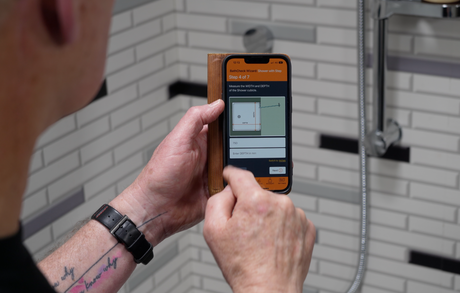
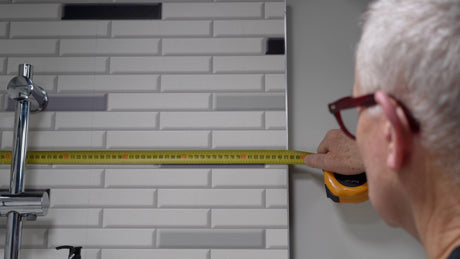

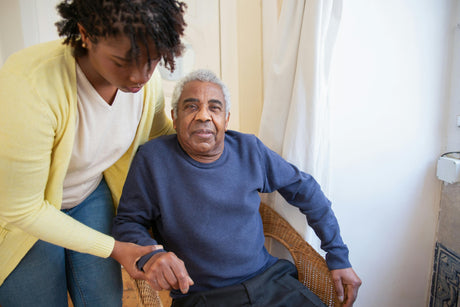
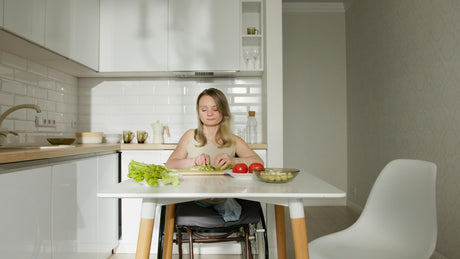
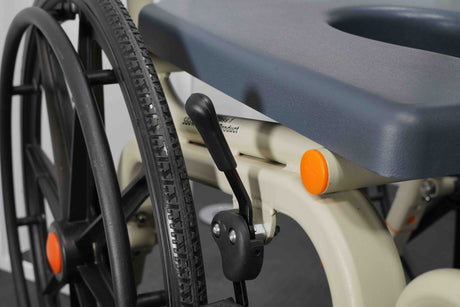

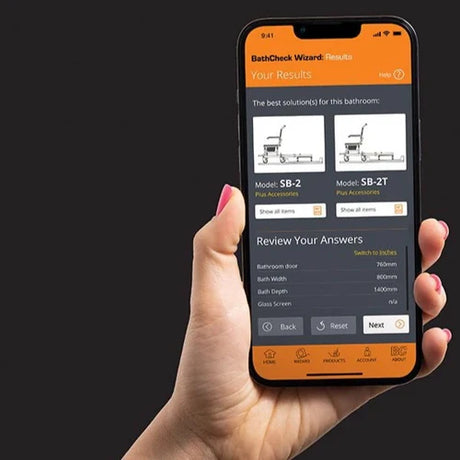
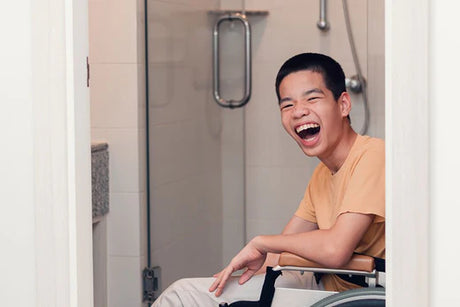
![Toilet Training A Young Child With Mobility Challenges [And How A Shower Chair Can Help]](http://shower-buddy.com/cdn/shop/articles/toilet-training-disabled-child_520x500_a90e5234-d372-435d-aa56-8da15dd3836c.webp?v=1722557239&width=460)

